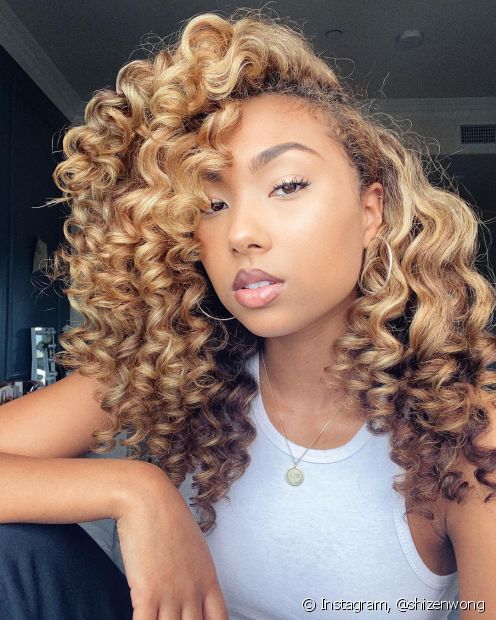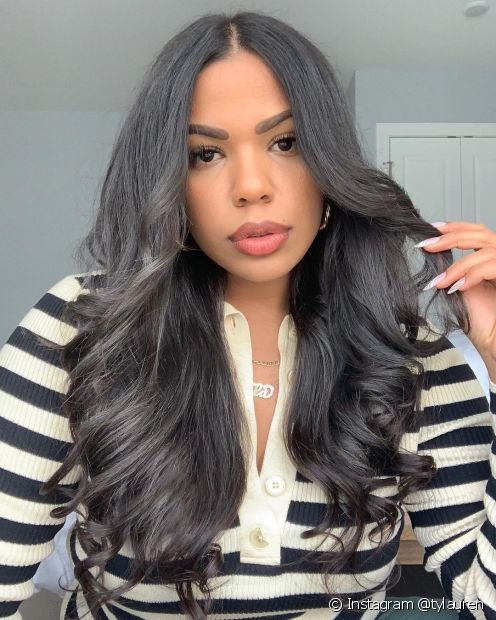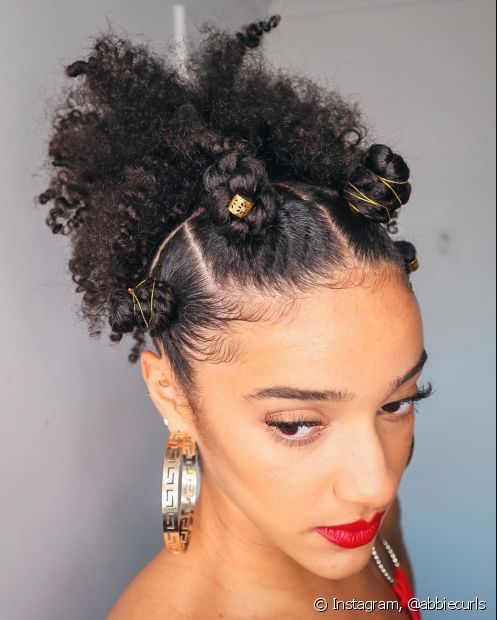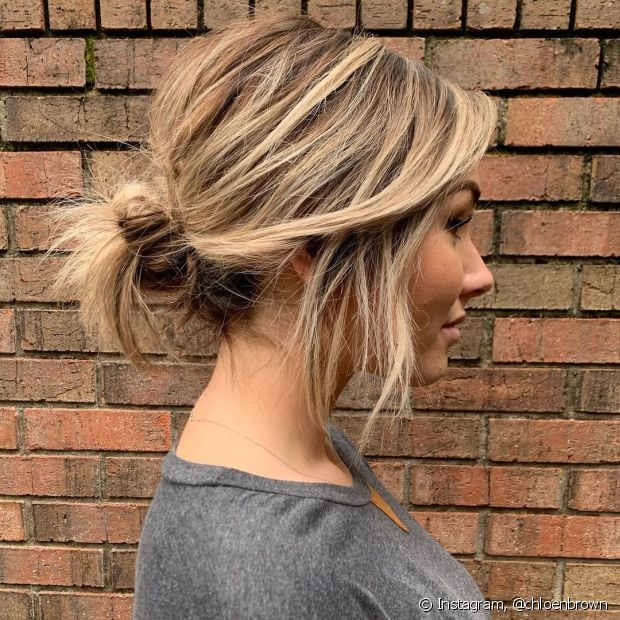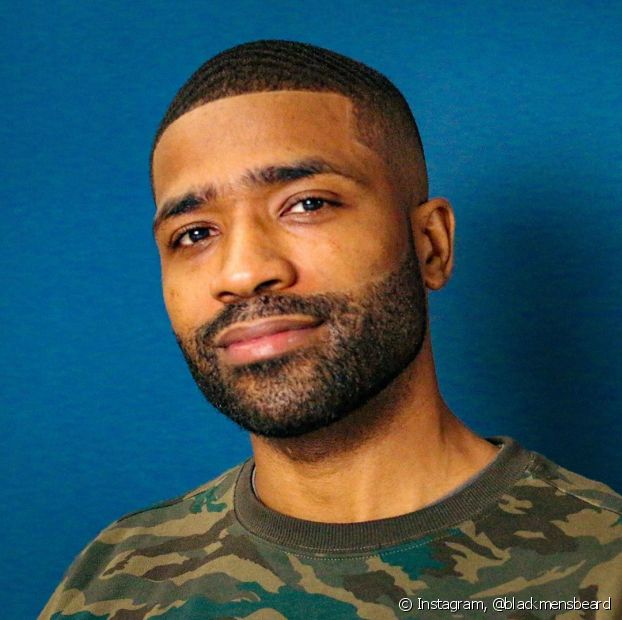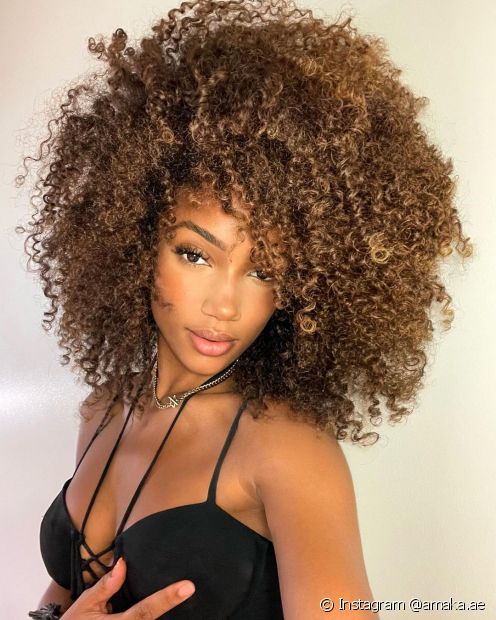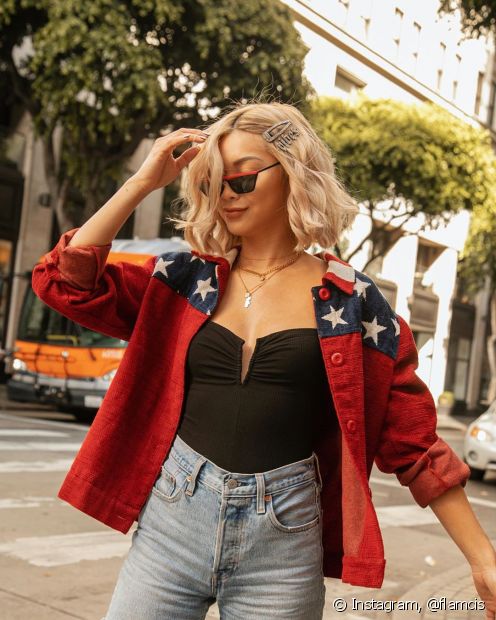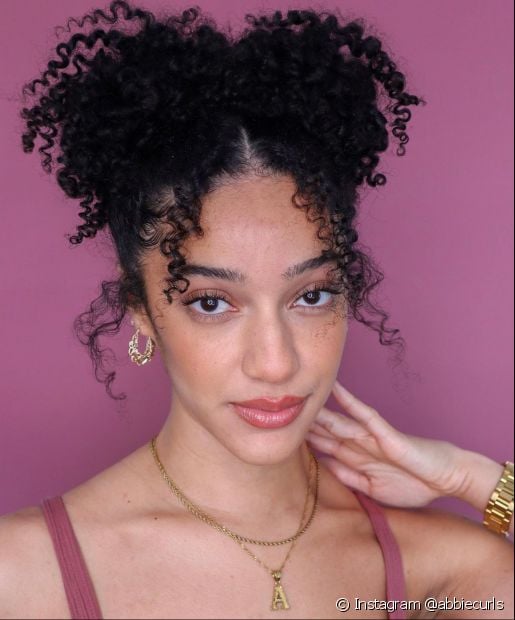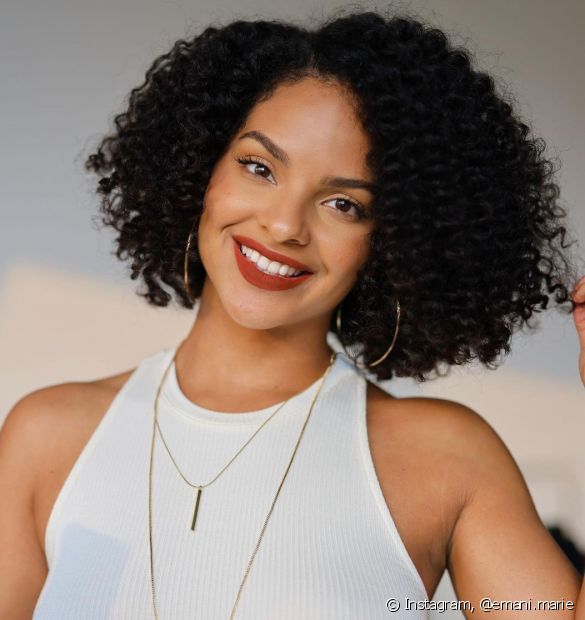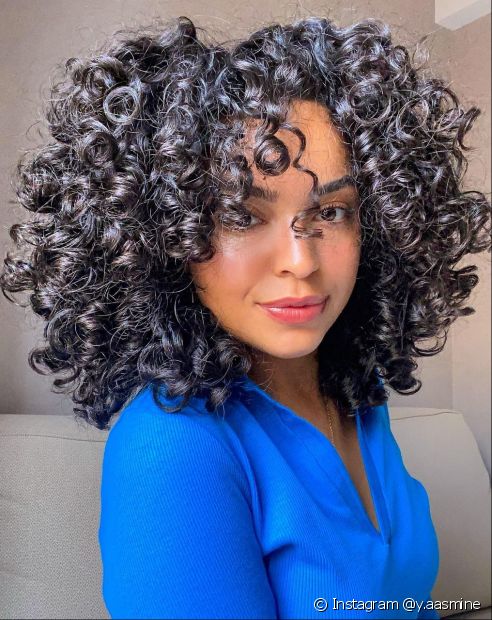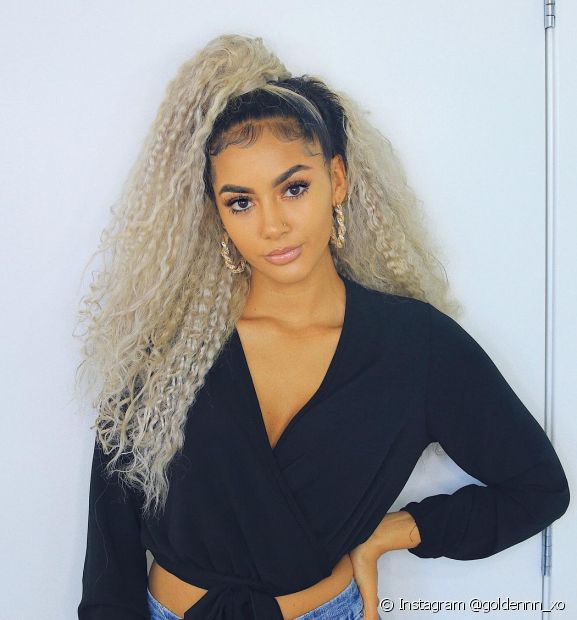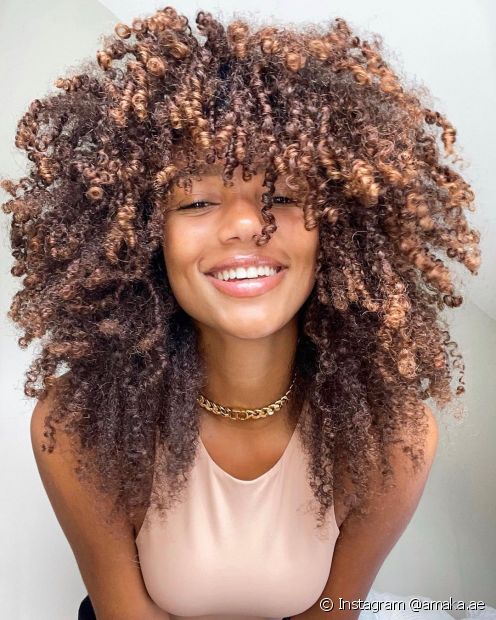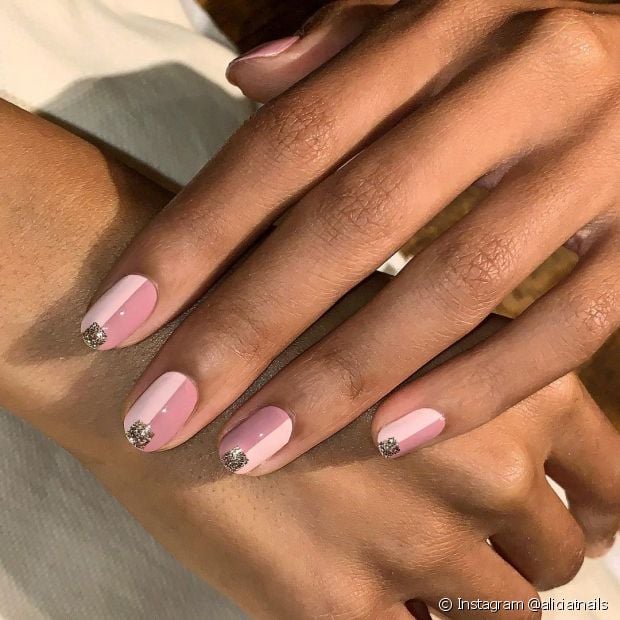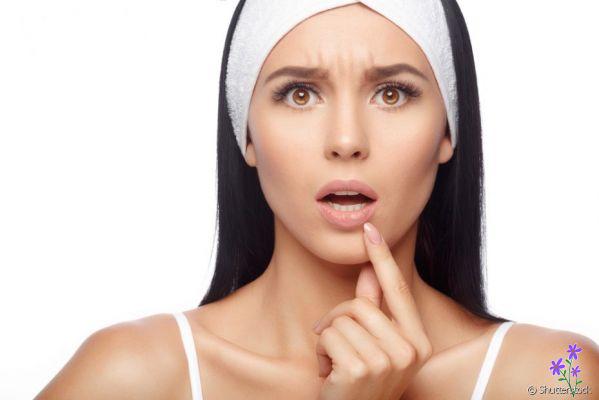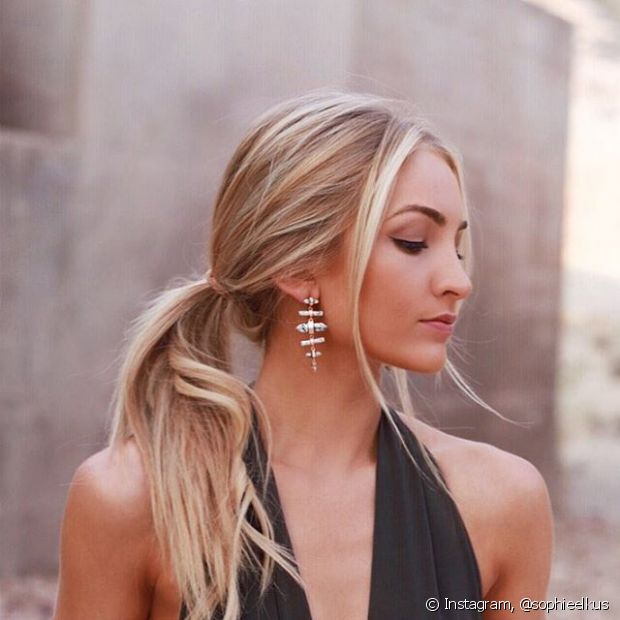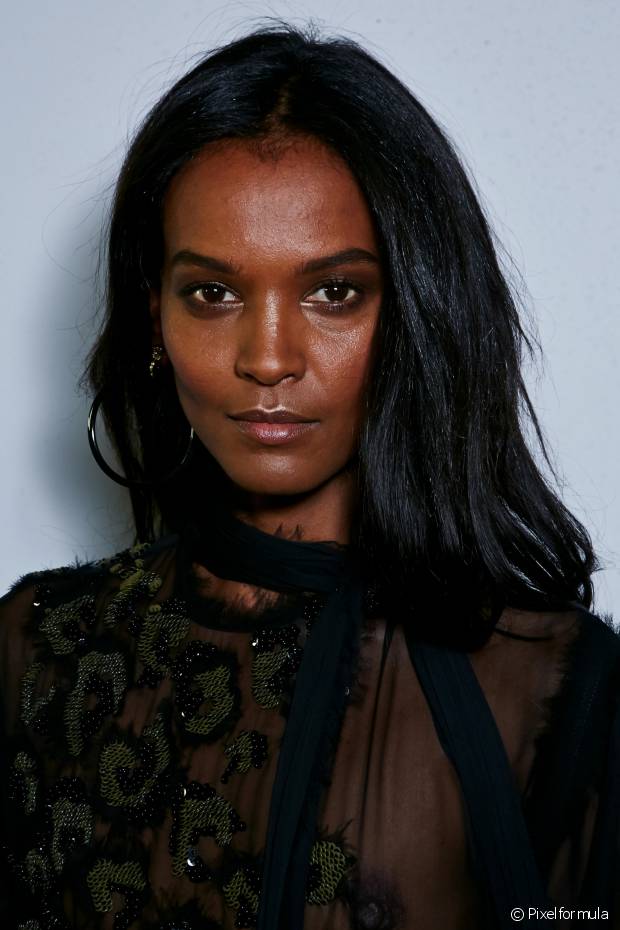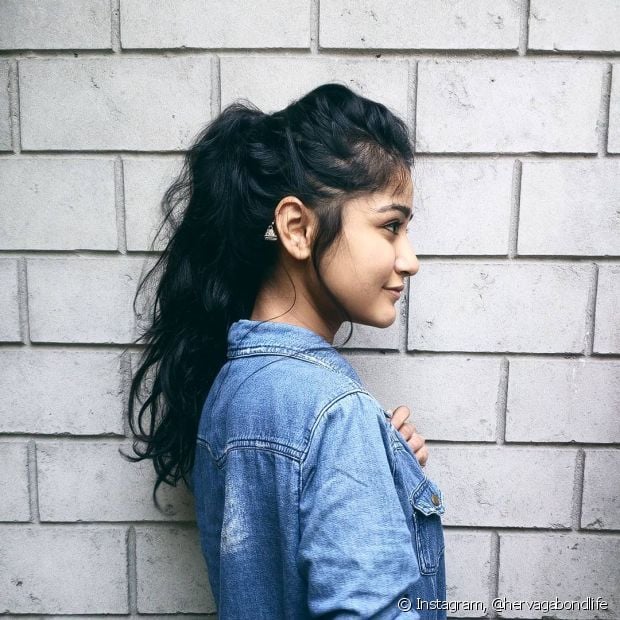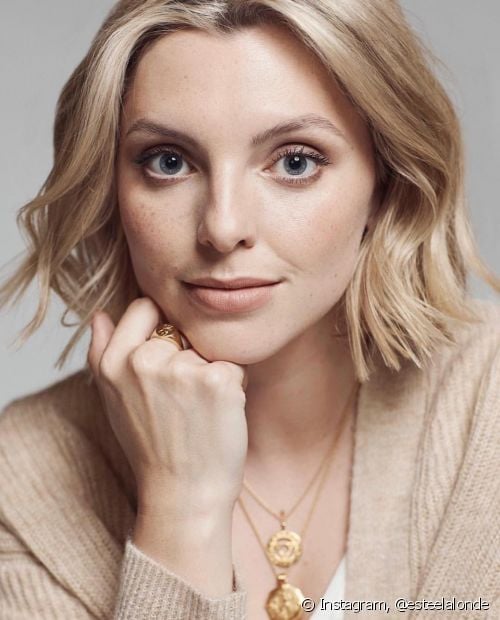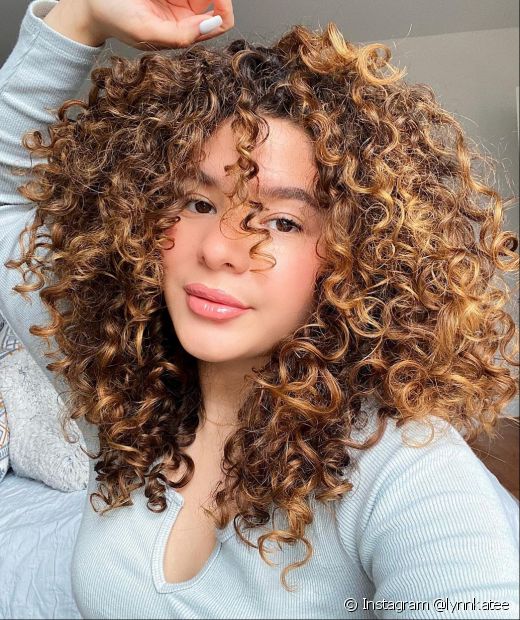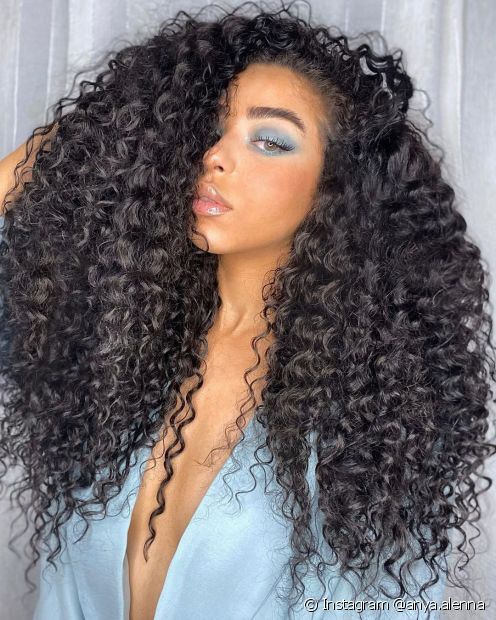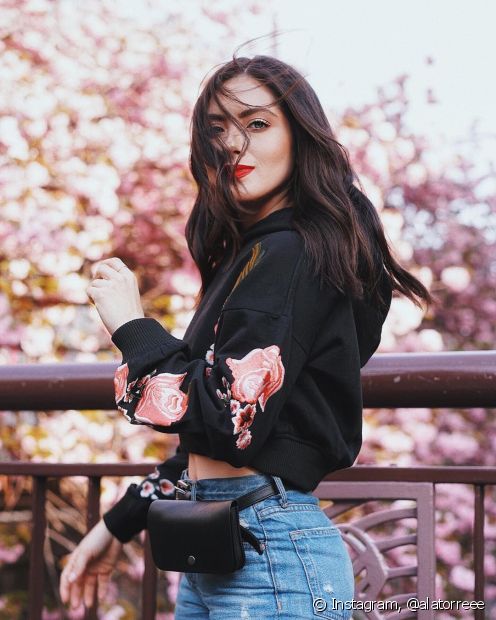30/ Hair hydration: everything you need to know about the treatment for each type of hair
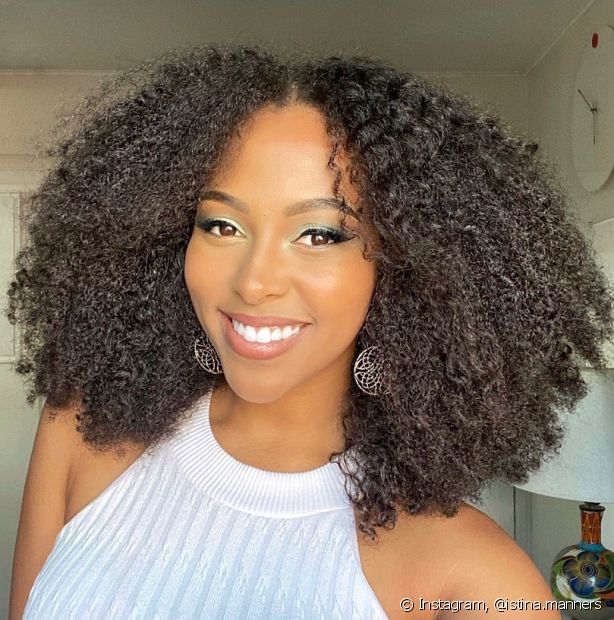
Capillary hydration is a fundamental step in the hair care routine; learn all about this treatment! (Photo: Instagram @istina.manners)
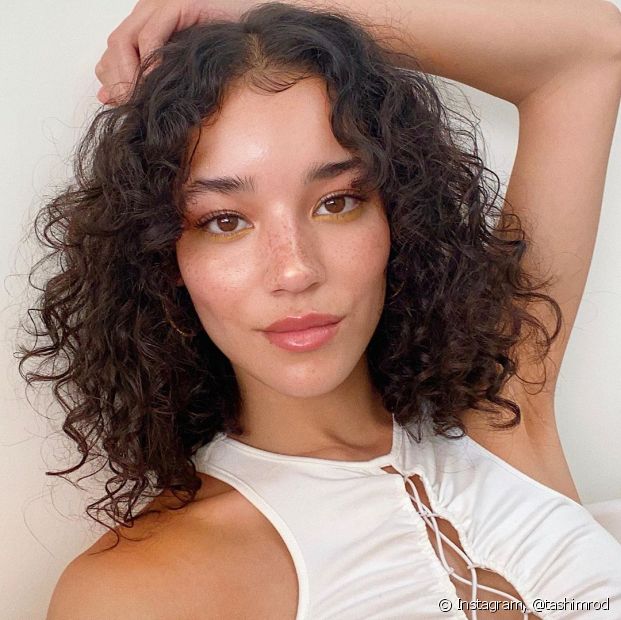
The application of hair hydration cream on oily hair should be concentrated on the lengths and ends, avoiding the scalp. (Photo: Instagram @tashimrod)
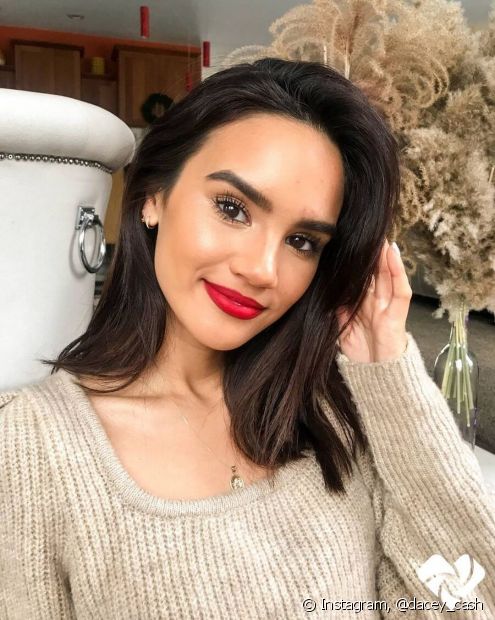
Homemade hair hydration on straight hair can be done with lighter and more fluid products. (Photo: Instagram @dacey_cash)
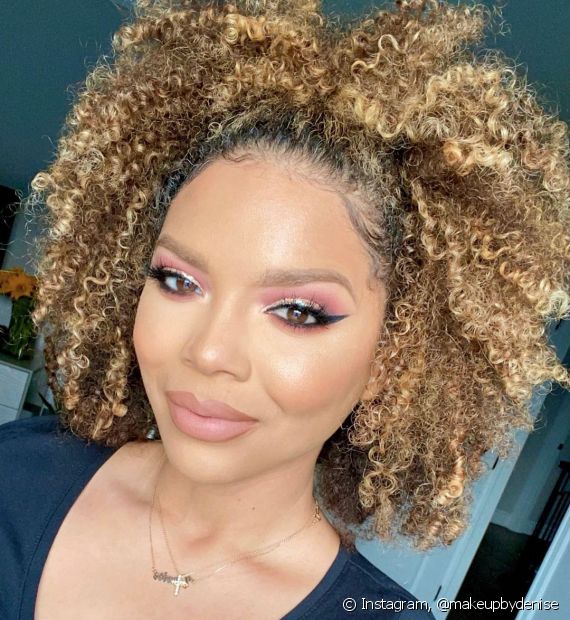
Divas with colored hair should do frequent moisturizing to maintain the color and health of the locks. (Photo: Instagram @makeupbydenise)
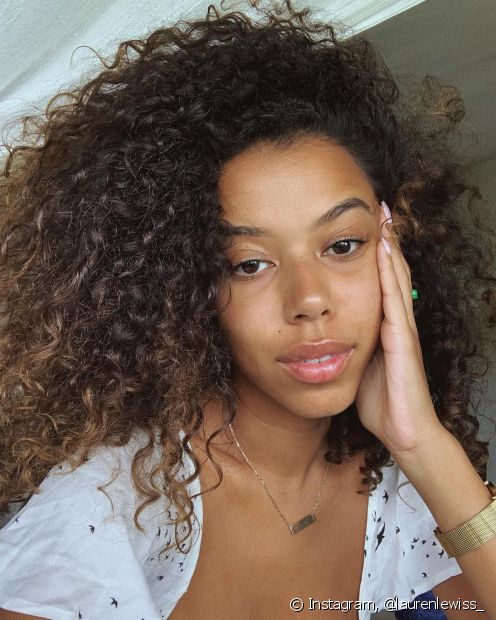
Crespo and curly hair can be drier at the ends and therefore need potent hydration, rich in oils. (Photo: Instagram @laurenlewiss_)
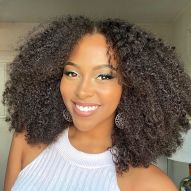
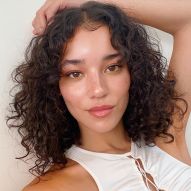

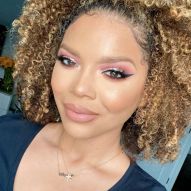
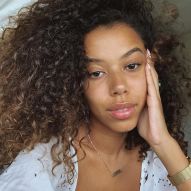
diva tip
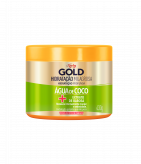
Miraculous Hydration Mask
Explore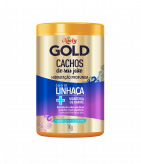
Curls of Your Way Deep Hydration Mask
ExploreThat capillary hydration is a fundamental step in the hair care routine, you should already know. This treatment step is fundamental both for preventing problems such as dryness, and for keeping the hair healthy, soft and moving. But do you know how to adapt care for your hair type?
With so many hair moisturizing cream options on the market, it can be difficult to choose the most suitable one for the specific needs of your locks. Since curly hair has different characteristics from straight hair, for example, it is important to adapt the treatment to the type of strand and to the deficiencies caused by factors such as the use of chemicals or external aggressions.
If you are on the list of divas who still don't quite understand what it is and how to do your homemade hair hydration ritual correctly, in this matter the stay diva will tell you everything you need to know about this treatment for each hair type!
What is capillary hydration and what is its function?
The main function of hydration is to replace the water present in the hair fiber, which is lost due to day-to-day damage. This damage can be caused by chemicals, mechanical aggressions, such as the use of a flat iron and babyliss, or external aggressions such as sunlight, wind and pollution.
Damaged hair often exhibits dryness, dullness and loss of movement. In some cases, dryness can also cause unwanted split ends, frizz and even breakage.
That's where capillary hydration comes in: to return the water that was removed by those agents that cause damage to the fiber and, consequently, recover the health of the strands. In healthy hair, hydration prevents these problems from appearing.
For this reason, hydration is essential for all types of hair: natural or chemically treated, straight, wavy, curly or frizzy. But each hair type will benefit more from a capillary hydration cream with different assets, aimed at specific needs.
A post shared by Jade Kendle-Godbolt (@lipstickncurls) on Aug 6, 2020 at 10:14 am PDT
What is hydrated hair?
When you talk about hair hydration, you soon think of soft and shiny locks. And it's true! It is the hydration of the capillary fiber that combats the dull and lifeless aspect of the locks, and brings back the shiny appearance of the strands. In addition, it is the treatment responsible for aligning the hair cuticle, which guarantees that smooth and silky touch, different from the rough and frizzy appearance of dry hair. Another sign of hydrated hair is malleability, as hydration is able to recover the natural flexibility of the strands, which makes them less prone to breakage.
A post shared by KayleyMelissa (@kayleymelissa)
Curly and curly hair needs capillary hydration with oils in the composition
Curly and kinky hair is generally drier in length due to the spiral shape of the curls, which prevents the natural oiliness produced by the scalp from passing through the entire strand.
For this reason, these hairs need more powerful and potent hydration, with ingredients that will be able to return the softness and emollience to the locks, in addition to facilitating the detangling of the strands after washing.
An example is the combination of linseed oil, which has a high nutritional power, with shea butter, which has a high capacity for moisturizing and sealing the hair. Together, these actives hydrate the hair, returning the nutrients that the capillary fiber needs, which provides shinier and silkier curls.
For chemically treated hair, capillary hydration must repair damage
Chemically treated hair can be very damaged if straightening and relaxing are not accompanied by constant treatment. Due to the change in the structure of the hair, dryness and breakage are very common after the transformation. In some cases, the strands may even become elastic after chemical application.
For this reason, it is important for a hair moisturizing cream to have a combination of hydrating active ingredients with reconstructive active ingredients. This will help in repairing the damage caused by chemistry, mitigating or preventing these little problems that nobody likes.
Hydration masks with argan oil in the composition, for example, are highly recommended for post-chemical capillary hydration. This active promotes the hydration and regeneration of the wires, due to the high concentration of vitamin E and omega 6.
A post shared by Olivia (Whittaker) Mangrum (@livmangrum) on Oct 24, 2019 at 11:53 am PDT
Capillary hydration for straight and wavy hair calls for lighter and more fluid actives
Straight and wavy hair is the exact opposite of curly and frizzy hair: as the strands have few or no curves, the oils produced by the scalp spread easily along the length of the locks. But that doesn't mean they don't need capillary hydration, quite the contrary.
Straight hair also suffers from external aggressions. In addition, many straight and wavy divas use blow dryers on a daily basis and hot wind can cause long-term damage.
Therefore, it is recommended that owners of this type of hair bet on the most fluid capillary hydration creams, which will promote hydration and alignment of straight locks without weighing them down. One example is formulas with thermal water, which is rich in minerals such as zinc, and hibiscus flower extract, which has moisturizing properties.
A post shared by Paola Locatelli (@paolalct) on Oct 16, 2020 at 11:08 am PDT
Hydration mask in oily hair can it weigh?
Divas with oily hair do not need to be afraid of hydration, but they should take some care not only when choosing the product, but also when doing homemade hair hydration.
First of all, opt for rebalancing products, with lighter and more fluid formulas, and try to avoid very concentrated and super oily masks. During application, avoid applying the hydration cream too close to the root of the hair, concentrating on the lengths and ends.
With this care, it is possible to hydrate the strands without increasing the oiliness, but it is necessary to keep in mind that in this type of hair, choosing the correct shampoo is also super important and can have an impact on the final result.
Colored hair needs specific hydration?
Divas with colored highlights should invest a lot in capillary hydration because coloring can also sensitize the highlights if the necessary care is not taken on a daily basis. In addition, external aggressions can cause color fading and opacity in the threads.
As for the choice of hair hydration cream, it is recommended to invest in products with potent formulas and regenerating actives such as argan oil. Another tip for those with dyed hair is to bet on a capillary schedule that includes nutrition and reconstruction in the care routine.
This distribution of different treatments during the week is important to ensure that the hair is receiving all the nutrients it needs to maintain health and a beautiful color.
A post shared by Andrea Brooks (@andreaschoice) on Mar 8, 2018 at 7:26 PST
What can I use for hair hydration?
One of the secrets to perfect hydration is to check the mask's ingredients. For this reason, we have gathered some components and actives that offer powerful hydration:
Aloe: Also known as aloe vera, aloe vera in the hair is rich in water and minerals and is a great ally for combating hair loss and eliminating dandruff. Despite being recommended for all types of hair, blondes should be more careful, as aloe vera can stain light hair.
Coconut Water: Rich in vitamins, minerals, amino acids and many other nutrients, coconut water provides super hydration and refreshment. In addition, it has antibacterial and antifungal action, which prevents dandruff and irritation. It is recommended for all hair types.
Thermal water: Rich in minerals such as zinc and iron, thermal water replaces the water in the hair without leaving it looking heavy. Another benefit is the reduction of oiliness and irritation on the scalp. Suitable for all hair types.
Hibiscus Flower: With a high concentration of vitamin C, the hibiscus flower helps in the production of collagen, in the fight against hair breakage and breakage, in addition to reducing oiliness. Blonde hair divas should pay extra attention, as the strong pigmentation of the flower can result in strands with a stained appearance.
Karite butter: Rich in fatty acids and vitamins A and E, shea butter recovers the necessary oiliness for dry locks, in addition to sealing the hair fiber. Very suitable for curly and frizzy hair that suffers more from the dryness of the strands.
Avocado Oil: Rich in proteins and vitamins, avocado oil helps nourish and strengthen hair, which reduces hair loss and breakage. Indicated for all hair types, but mainly dry, resected or damaged.
A post shared by (@alysha.zahraa)
Capillary schedule: hydration is the basis of the treatment routine
The capillary schedule is divided into three treatments: hydration, nutrition and reconstruction. And capillary hydration is the treatment considered the basis of the routine, because it returns water to the strands and prepares them to receive nutrients from other treatments.
In the capillary schedule, hydration must be done at least once a week, alternating with nutrition, while reconstruction can be done once every 15 days or once a month. The frequency of treatment with the right mask for your hair type will ensure softer, shiny, silky locks without dryness.
A post shared by Charnelle Lakey (@ladi.elle)
Extra tip: how to properly moisturize your hair on your hair
How to moisturize hair correctly? How much product to use? Does the mask come before or after the conditioner? You've certainly asked yourself these questions, but you can rest assured because these doubts are super common and not all have an exact answer.
The best way to apply homemade hair hydration will depend on your hair type. People with finer hair are usually able to use a small amount of product and apply it all at once.
On the other hand, divas with a lot of hair volume may need to separate the locks into sections, with the help of clips, to apply the mask strand by strand. Neither technique is wrong, and you should do what works best for your needs. Afterwards, just let the mask act in the time indicated by the manufacturer on the packaging.
As for the order of application of the products, it is recommended to hydrate the hair after applying the shampoo, when the strands will be clean, and before the conditioner, since its function is to close the hair cuticles.
Article published on: 13
Updated: 30/
A post shared by Sazan Hendrix (@sazan)




